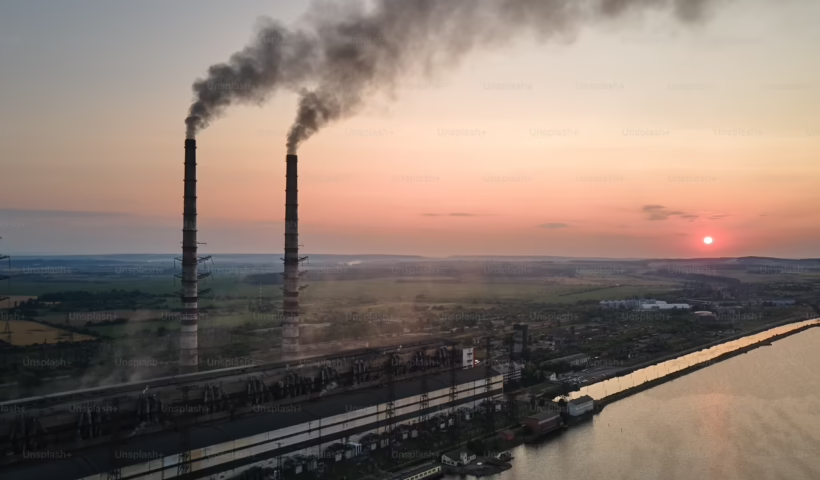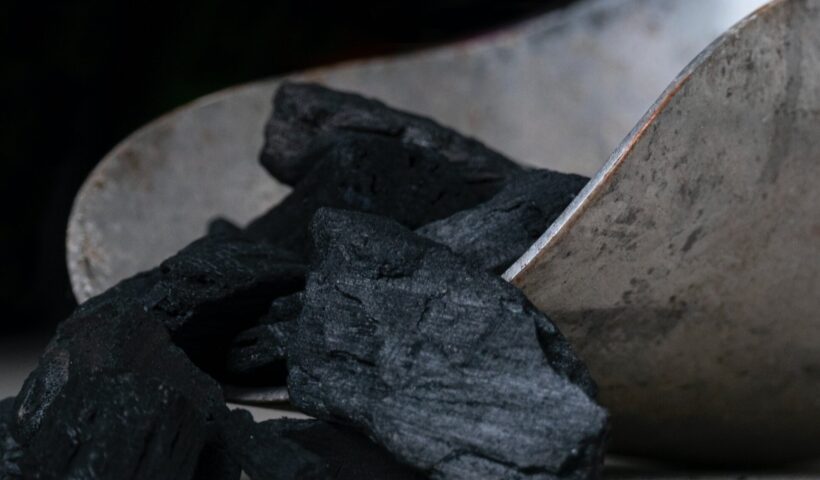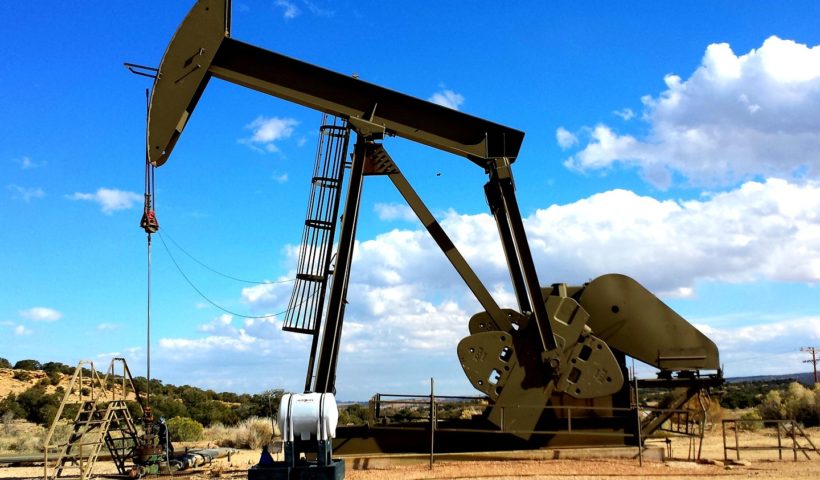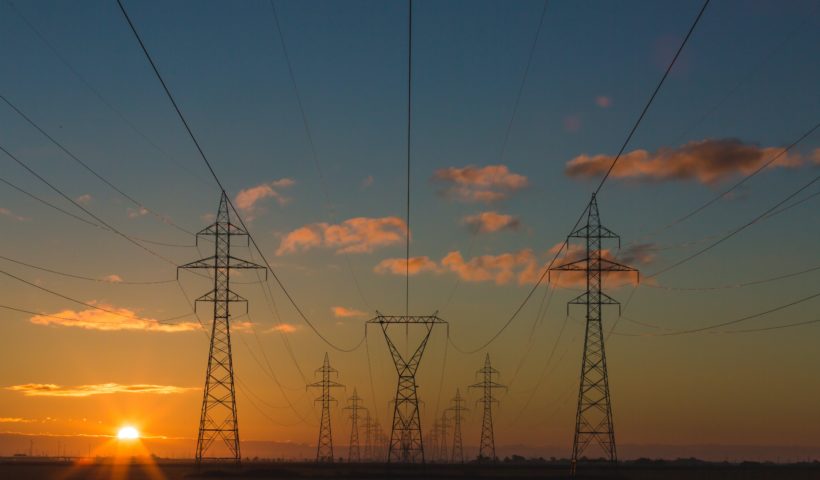After taking office, President Donald Trump promised to increase coal combustion to generate power needed for AI data centers. However, new coal plants take time to fire up and are not suitable sources of backup power. Therefore, natural gas and geothermal energy offer the most likely solution to the rising electricity needs of the tech industry.
View More Fossil Fuels vs. Renewable Energy: How to Power the Tech IndustryTag: Fossil Fuels
Controversy at the COP28 Summit
The annual United Nations Climate Change Conference has started with a bang. Comments made before the summit by the event president, Sultan Ahmed al Jaber, were met with scathing criticism. Al Jaber, who went on the record claiming the phase-out of fossil fuels is an alarmist idea not rooted in science, has since been slammed by other attendees for being biased toward fossil fuel and oil companies. Despite the president’s reluctance, a call for the complete removal of the fossil fuel industry continues to be a major focus point of the conference.
View More Controversy at the COP28 SummitBurners in Hot Water: The Struggle Over Household Gas Appliances
Recent studies link gas appliances to severe adverse personal health and climate effects, with many consumers considering switching to electric or induction alternatives. However, others, including some politicians and industries, are resistant to legislation that would limit or ban gas stoves. New York announced that it will implement a gas stove ban in 2026, while the House of Representatives passed a bill prohibiting such bans on a federal level. This legislative back-and-forth will likely continue, and it parallels other attempts to transition away from fossil fuel technologies.
View More Burners in Hot Water: The Struggle Over Household Gas AppliancesThe Power of the Sun: Nuclear Fusion’s Future as Clean Energy
A recent achievement in the field of nuclear fusion has propelled the long-researched energy source into the spotlight. Until now, nuclear fusion was only a theoretical way to generate clean energy, but nuclear fusion has passed an important energetic threshold that offers early hope for the technology. However, this technology will likely take decades to implement, and it may come too late if currently available clean energy methods are not rapidly adopted.
View More The Power of the Sun: Nuclear Fusion’s Future as Clean EnergyThe Ethical Case for Fossil Fuels
A growing number of industrialized countries are questioning the ethical use of fossil fuels, considering climate change is primarily due to greenhouse gas emissions. Many leaders are removing subsidies for fossil fuel companies, pushing against offshore drilling, and divesting from fossil fuel projects like pipelines and refineries. While this may seem like the right thing to do, many economically developed nations tend to forget about the rest of the world. Countries in the developing world rely on fossil fuels to generate economic growth. If these more economically developed countries fail to take the needs of the developing world into consideration, large swaths of the globe will fall into poverty. Clearly such an approach is not ethical. Developed countries must continue to develop renewable energy worldwide while simultaneously investing in fossil fuel projects abroad as the necessary infrastructure for renewable energy systems are designed, tested, and constructed – only then can the world move on from fossil fuels in a safe, effective, and ethical way.
View More The Ethical Case for Fossil FuelsWar and Progress: The Invasion of Ukraine and Its Impact on Renewable Energy
The Russian invasion of Ukraine has led to an energy crisis in much of the world. As a result, Western leaders are pushing for increased interest and investment in renewable energy. This introduces an ethical dilemma of the impacts of war on technological progress, and what it says about humanity that such motivations are required for change to be made.
View More War and Progress: The Invasion of Ukraine and Its Impact on Renewable EnergyEurope’s Emerging Energy Crisis
Europe’s energy crisis this winter has forced countries into an increased reliance on fossil fuels; is there a way to make sure everyone has their energy needs met without worsening carbon emissions?
View More Europe’s Emerging Energy Crisis






